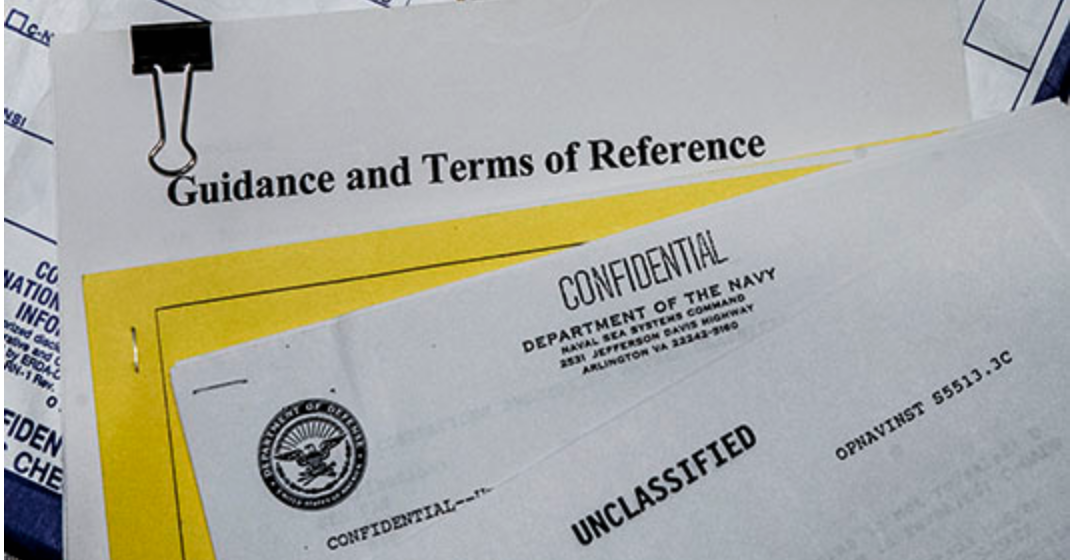Forty years ago, an anonymous source gave Washington Post reporters Bob Woodward and Carl Bernstein critical information that led to the resignation of then-president Richard Nixon and the conviction of 48 administration officials.
The Watergate scandal, as it is popularly known, was the result of a June, 1972 break in at the Democratic National Committee headquarters in Washington, D.C. and the administration’s attempt to cover up its involvement. If the informant had not been sure that his identity would be kept confidential, the truth might never have been known.
“The government has a legitimate security classification system that creates a pretty tight-lipped federal work environment. But when there’s government wrongdoing I hope people come forward to expose it—even if they have to do that anonymously,” remarks Laurel Jensen, a retired senior security analyst for the Department of Defense. “If people are afraid of losing their livelihoods, or worse, they just won’t talk to the press.”

Laurel Jensen, a retired senior security analyst for the Department of Defense. Photography by Jacob Foko/Blue World Productions
Although there is no federal law, reporters in 33 states and the District of Columbia have legal protections in the form of shield laws that give them the right to not be compelled to disclose a confidential source. In half of those states, the reporter’s privilege is absolute. In the other half, there are high standards before disclosure of confidentiality can be required.
Even with such laws in place, reporters can, and have, been jailed. This was the case in 2005, when New York Times reporter Judith Miller was incarcerated for twelve weeks for refusing to divulge the identity of her source to a federal grand jury in the case of the Bush administration outing of CIA agent Valerie Plame. The U.S. Department of Justice opened a criminal investigation into whether the White House or other high-level government officials leaked Plame’s covert identity to the press, in violation of the Espionage Act and/or other laws. Miller was released from jail when her source, Scooter Libby, agreed to the disclosure of his name. At the time, Libby was a legal advisor to Vice President Dick Cheney. He was ultimately disbarred and convicted of a felony for disclosing classified information.
Jensen points out, “Oftentimes there are fine lines between protecting the press, protecting its sources, and protecting government secrets. But, you really can’t have a democracy without a free press. That means confidentiality must be upheld or the information flow stops.”

